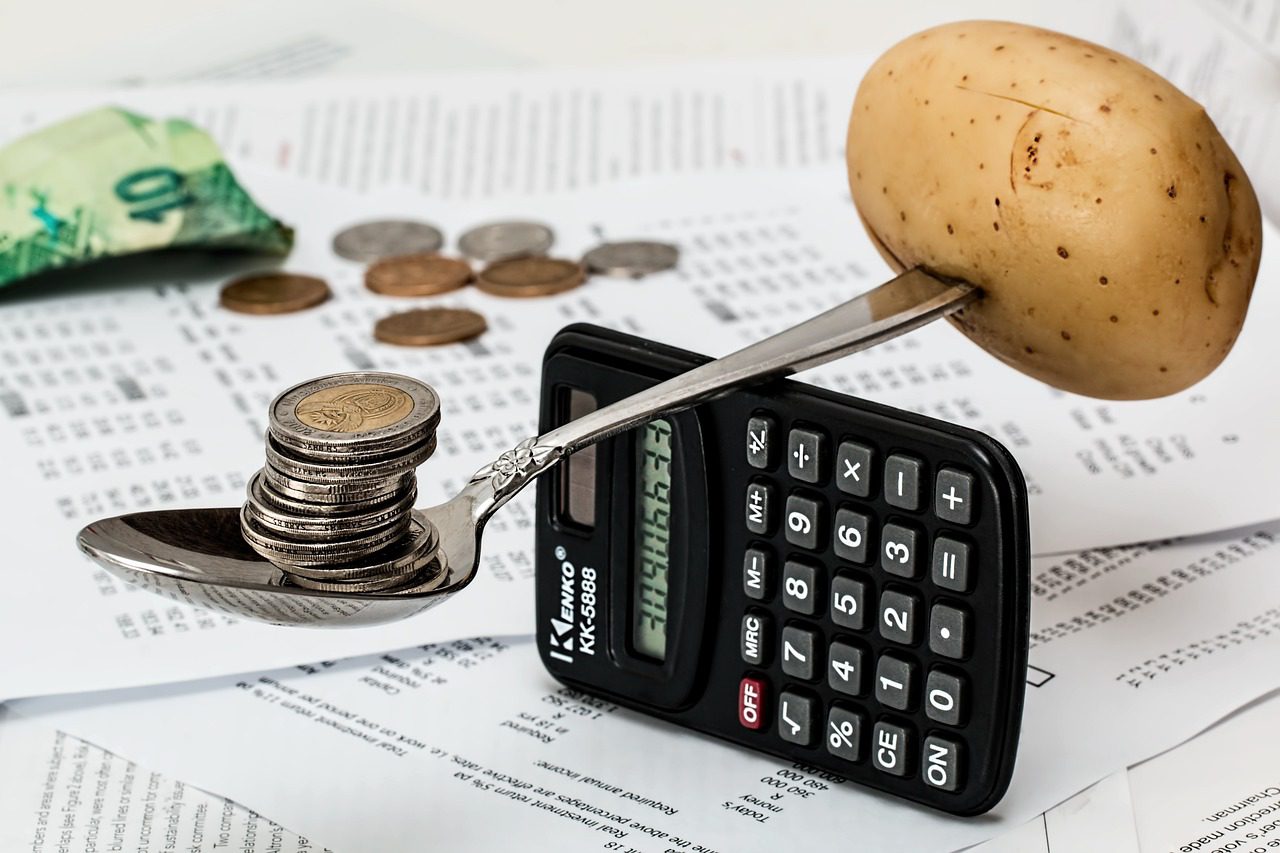
In a news release on October 19th, Eurostat reports that annual inflation in the euro zone increased from 9.1% in August to 9.9% in September. Inflation in the European Union as a whole exceeded 10% for the second month in a row: the rate for September was 10.9%, up from 10.1% in August.
Eighteen EU member states now report inflation above 10%, with four countries above 20%: Estonia (24.1%), Lithuania (22.5%), Latvia (22.0%), and Hungary (20.7%).
While this is the first month for Hungary with inflation in excess of 20%, the Baltic states have had rates above that threshold for several months. Latvian inflation reached 21.3% in July and has slowly crept up since then. Lithuanian inflation reached 20.5% in June. In Estonia, inflation was 20.1% in May.
While topping the inflation league, Estonia is one of six EU countries where inflation fell from August to September:
The lowest inflation rates are found in France (6.2%), Malta (7.4%), Finland (8.4%), Ireland (8.6%), and Luxembourg (8.8%).
Germany, the largest economy in Europe, has an inflation rate of 10.9%, up from 8.8% in August.
In September 2021, the inflation rate for the European Union was 3.4% and 3.6% for the euro zone. Back then, only three countries recorded inflation above 5%: Poland (5.6%), Hungary (5.5%), and Romania (5.2%).
